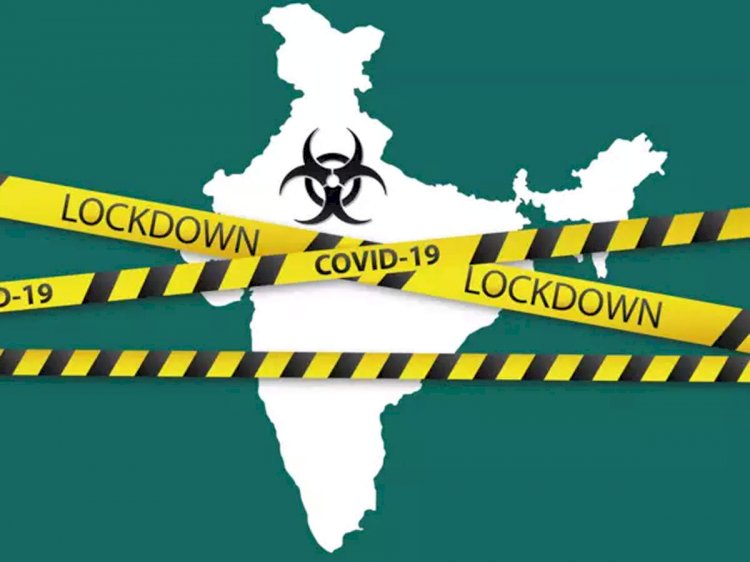
LEGALITY OF LOCKDOWN
As we are all suffering from a pandemic in our country caused by the Coronavirus, the Government has imposed a lockdown across the nation to prevent the spread of the disease. There is some confusion in society regarding the difference between a lockdown and a curfew. The main distinction is that during a lockdown, a pass (issued by the state government) is required to move around the state, but only for essential needs and services.
Now, the primary confusion arises regarding the legality of the lockdown. Some laws in our country provide provisions for lockdowns and curfews. For instance, **Section 2 of the Epidemic Diseases Act, 1897**, gives the Government powers to take preventive measures and regulations to control dangerous diseases. Additionally, sections of the **Disaster Management Act, 2005**, grant powers and prescribe punishments for the safety of the citizens. **Section 188 of the Indian Penal Code, 1860**, deals with the offence of disobedience to any order issued by a public servant.
During emergency situations, there is a **suspension of Article 19 of the Constitution of India**. According to Article 359, during an emergency, any fundamental right may be suspended by a presidential order.
BY
VIVEK VASHISTH